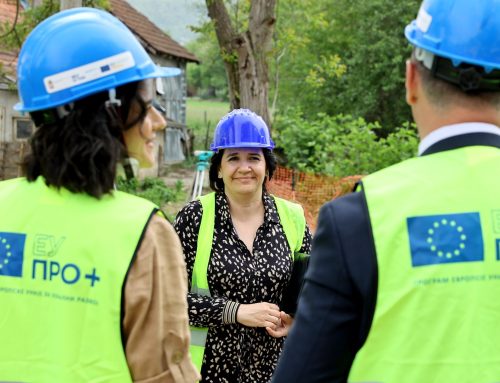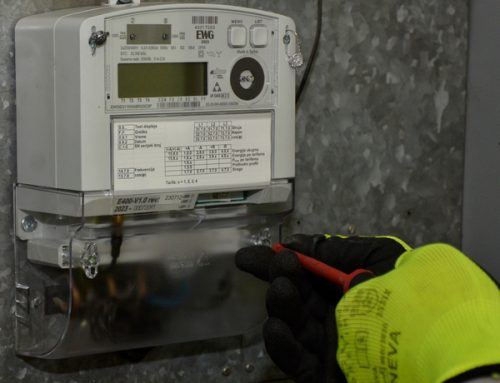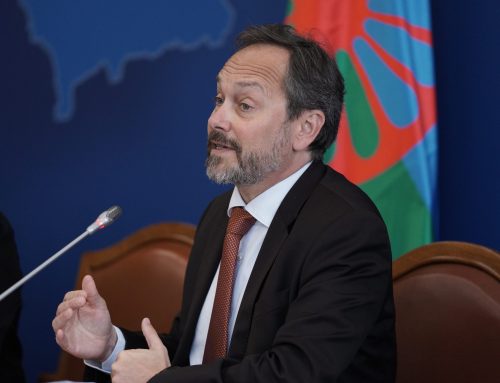Katarina Mathernova, Deputy Director-General for Neighbourhood and Enlargement Negotiations at the European Commission and leading International Financing Institutions (IFIs) are on a joint mission in Belgrade to discuss policy priorities and sustainable investment solutions for energy efficiency.
Representatives from the European Commission, The International Finance Corporation (IFC), the World Bank (WB), the European Investment Bank (EIB), the European Bank for Reconstruction and Development (EBRD), the International Monetary Fund (IMF) and KfW bank met with government officials (Ministers Antic, Vujovic, Mihajlovic, Joksimovic and Trivan) to exchange views on priority actions for energy efficiency in Serbia.
Deputy Director-General Mathernova noted: In Serbia, buildings consume a lot of energy, which has an impact both on peoples’ wallets and the environment. We are here to look at areas where mobilizing EU and IFI support for energy efficiency measures would significantly improve energy efficiency in buildings and, ultimately, living standards of people.
Background information:
Serbia has a very significant energy savings potential. It is estimated that the building sector consumes about 34% of total final energy, of which the residential sector used about 70%, commercial buildings 18% and public buildings 12%. The energy intensity of Serbia is four times higher than that of OECD countries. Poor energy efficiency and high carbon intensity due to heavy reliance on fossil fuels are two of the main challenges in the Serbian energy sector. The government needs to make important strategic decisions to set the course for energy efficiency legislation, its implementation and market expectations.
Since 2015, Serbia made good progress towards transposing the Energy Efficiency acquis. However, efforts must continue, in particular on full harmonisation with legislation.




